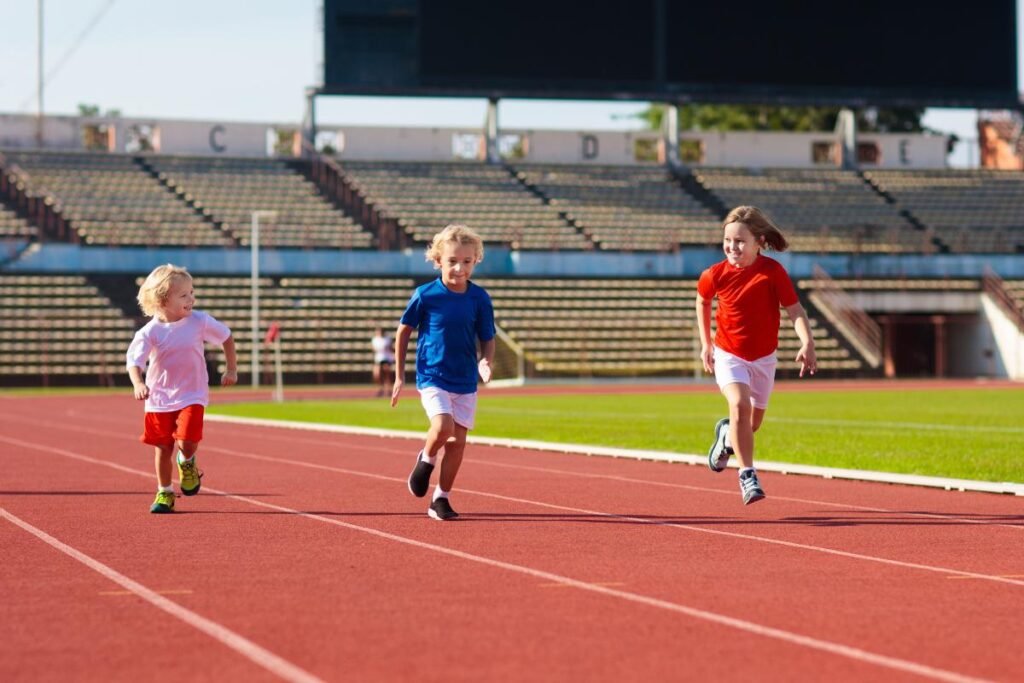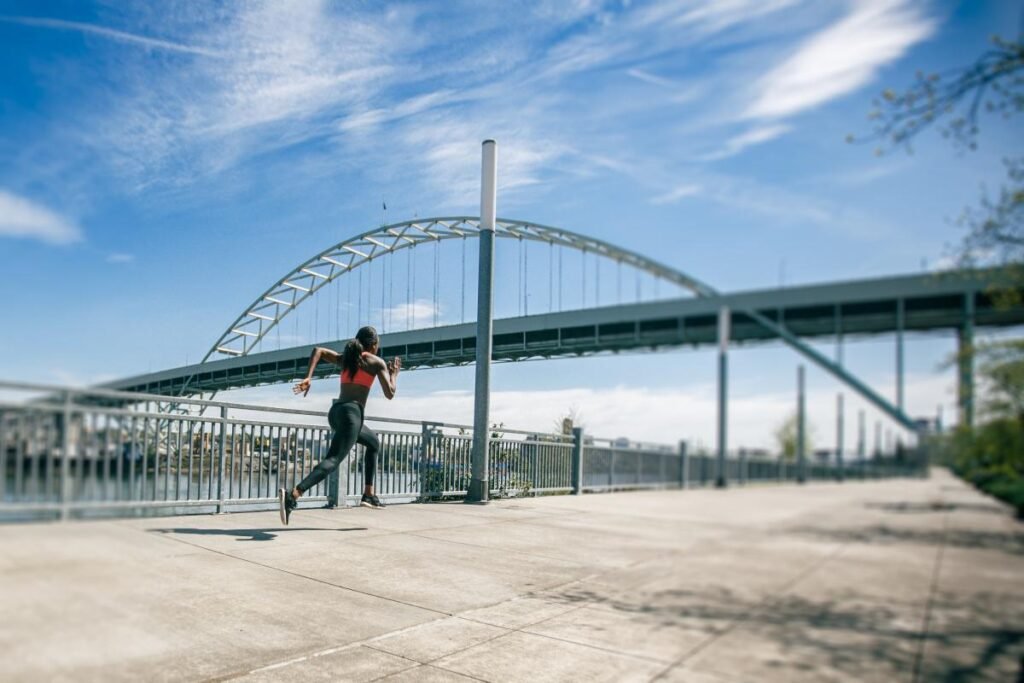Blood pressure, simply put, is the lateral pressure exerted on the walls of blood vessels when blood flows within them. It is one of the important indicators for assessing cardiovascular health. Running, as a popular form of aerobic exercise, can not only strengthen physical fitness and improve immunity, but also has a significant positive impact on the cardiovascular system, one of which is causing blood pressure to drop after exercise. Why does blood pressure drop after running?

1. Heart and blood circulation changes during running
From the moment we step onto the track and start running, our bodies start a complex physiological response mechanism. As the “engine” of this process, the heart’s pumping function is significantly enhanced to meet the greater demand for oxygen and nutrients during muscle exercise. As the heart rate increases and cardiac output increases, more blood is delivered to all body parts, especially to working muscle groups.
During this process, the vascular system also responds positively. Arterioles and capillaries dilate during exercise to reduce blood flow resistance, allowing blood flow more smoothly to muscles and organs. This vasodilation phenomenon not only helps improve the efficiency of oxygen and nutrient delivery, but also directly affects changes in blood pressure. Due to the decrease in vascular resistance, the pressure exerted on the blood vessel wall by blood during flow also decreases, which is manifested as a decrease in blood pressure.

2. Regulatory effect of the neuroendocrine system
In addition to its direct cardiovascular effects, running further regulates blood pressure by activating the neuroendocrine system. During exercise, the sympathetic nervous system becomes more active, releasing hormones such as norepinephrine, which stimulate the heart to contract, increase heart rate, and promote vasoconstriction in response to acute stress. However, as exercise continues, the parasympathetic nervous system gradually takes over, releasing inhibitory neurotransmitters such as acetylcholine, slowing the heart rate, promoting vasodilation, and thus lowering blood pressure.
In addition, exercise can also promote the secretion of “happy hormones” such as endorphins, which help relieve stress and improve mood, thereby indirectly affecting blood pressure levels through psychological mechanisms. Long-term regular exercise habits can optimize the balance of the autonomic nervous system, allowing the body to maintain a lower blood pressure level even in a resting state.
3. Physiological mechanism of blood pressure drop after exercise
After running, although the body gradually returns to a resting state from exercise, the drop in blood pressure does not stop immediately. This is because the various physiological effects of exercise continue to play a role. First, the dilated state of blood vessels will be maintained for a period of time, allowing blood to flow more smoothly and blood pressure to be maintained at a lower level. Secondly, exercise promotes the discharge of metabolic waste from the body, including some substances that may cause vasoconstriction, such as lactic acid, etc., which also helps to further lower blood pressure.
In addition, exercise can also enhance the elasticity and toughness of blood vessels, reduce the risk of vascular diseases such as arteriosclerosis, fundamentally improve cardiovascular health, and keep blood pressure within a more stable range. People who insist on running for a long time will significantly improve the adaptability of their cardiovascular system and maintain a lower blood pressure level even in non-exercise conditions, thereby reducing the risk of cardiovascular diseases such as hypertension.

4. Things to note when running to lower blood pressure
Although running has a significant effect on lowering blood pressure, not everyone is suitable for lowering blood pressure through running. Especially for people with high blood pressure, it is important to consult a doctor or professional health advisor before deciding to start a running program to ensure the safety and effectiveness of the exercise.
In addition, when running, you should choose the appropriate intensity and time according to your own situation to avoid excessive exercise that may cause physical discomfort or increase blood pressure. At the same time, maintaining good living habits, such as eating properly, getting enough sleep, quitting smoking and limiting alcohol, are also important factors in controlling blood pressure.
To sum up, the decrease in blood pressure after running is a concrete manifestation of the positive impact of exercise on the human cardiovascular system. By understanding the physiological mechanism behind this phenomenon, we can formulate exercise plans more scientifically and make full use of running, a simple and effective form of exercise, to maintain cardiovascular health and enjoy a better life.

